A slew of experts have hailed China's recent medical insurance reforms as a necessary means to provide more security for the public, responding to public concerns that the reforms have cut people's deposits under the medical insurance system.
As part of the restructuring of the national health system, some local governments in China have implemented a new mechanism that pools all employer-paid insurance funds to create more equitable access to medical insurance in outpatient services. Under the old system, the funds were paid directly into people's individual insurance accounts, with only a percentage being pooled.
By contrast, the new system sees the funds now going into a collective account that has begun covering the cost of outpatient services for those in need, which means people will see less money in their accounts.
"Some think the funds in their personal accounts belong to them. This is a conceptual misunderstanding," Wang Chaoqun, an associate professor at the school of public administration at Central China Normal University, told People's Daily.
The funds are managed by the government, which sets quotas for the insured based on their employment status, Wang explained, adding that people can only access them for medical bills.
Jin Weigang, deputy director of Zhejiang University's Institute of State System Research, said personal insurance accounts have limitations, which can lead to scenarios where sick people can't access funds for treatment. Meanwhile, healthy people have funds sitting idle.
He said about 40 percent of the overall surplus in medical insurance funds comes from personal account surpluses, among which more than 80 percent belong to young and healthy adults. Meanwhile, many insured patients, especially retirees, lack sufficient funds to pay for outpatient services.
Just as the elderly are in greater need of medical care, the deduction in their insurance accounts has also caused concern among the group, but experts say the recent changes are tilted toward offering them more security.
As older people are more likely to use medical insurance funds, the reforms can be seen as a structural adjustment to better balance how people with different needs are protected, Gu Xuefei, director of the division of healthcare security research at China National Health Development Research Center, told China Media Group (CMG).
Official data shows that people with jobs spent an average of 2,097 yuan ($305) in medical insurance funds in 2021, while retirees spent nearly four times more.
Aside from feeling deprived of some payments, some people have speculated whether the move to "divert" funds from personal accounts was because the collective account was depleted. Experts have debunked this suggestion, saying such misunderstandings are due to unfamiliarity with the account's balance of payment.
According to official data, the collective account for medical insurance funds for the employed had a surplus of 254 billion yuan ($37 billion) in 2021.
"After all, medical insurance is a type of social security, which means it is in the nature of mutual-aid and shared responsibility," Wang Zhen, director of the division of public economics of the Institute of Economics at the Chinese Academy of Social Sciences, told Xinhua.
"It is normal to hear different voices during the process of reforms," Wang said, adding that the effects of such changes will also take time to materialize as supporting services, such as adjusting quotas for outpatient reimbursements and expanding access to the collective account, are needed to be advanced simultaneously.
Local governments have also made corresponding modifications to promote a steady transition of the reforms. In Beijing, a cap on insurance funds for outpatient services has been lifted. In the central city of Wuhan, over 5,000 retail pharmacies have been incorporated into outpatient services, thereby giving people access to the collective account for purchases made in those shops. It echoed a notice the Nation Healthcare Security Administration issued on Wednesday calling for more active efforts in incorporating retail pharmacies.
According to Gu, the reforms also aim to address a shift in treatment as the healthcare sector develops.
Many of the illnesses are now treated in outpatient services as medicine improves, he said, adding that these outpatient-treated illnesses usually have a long duration and therefore impose heavy costs on patients, a burden he said medical insurance is expanding to cover.

















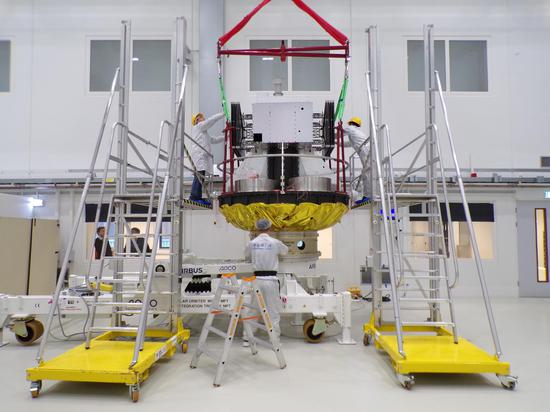
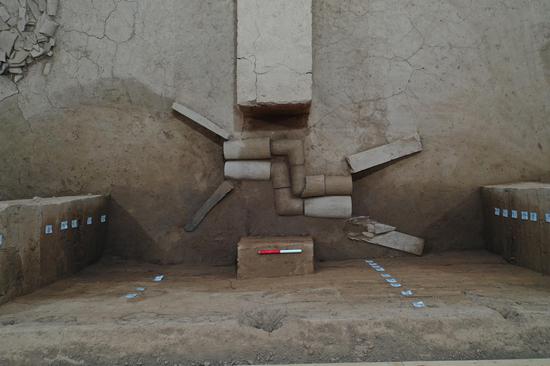


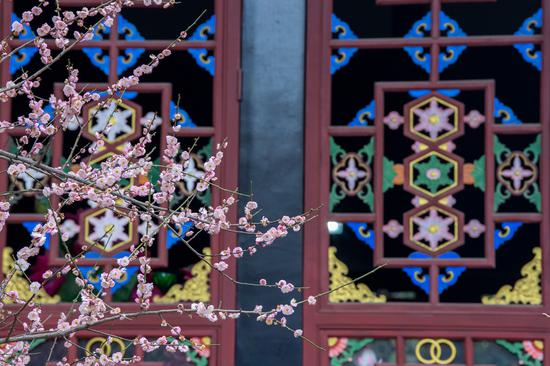

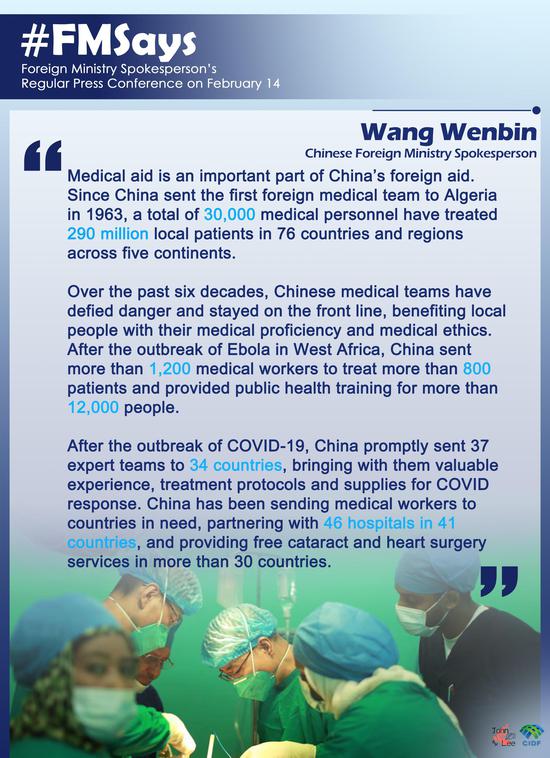
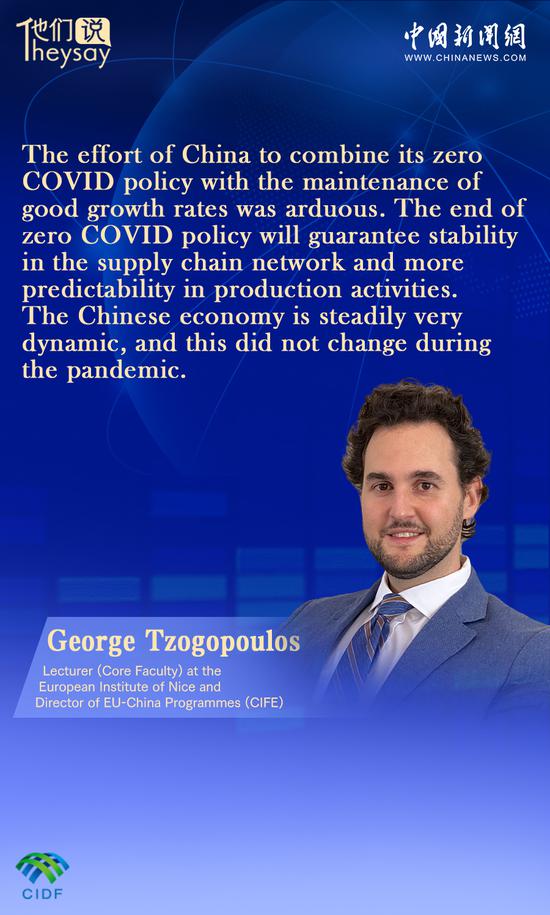
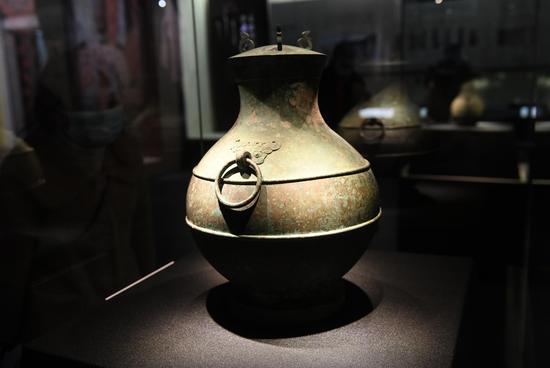

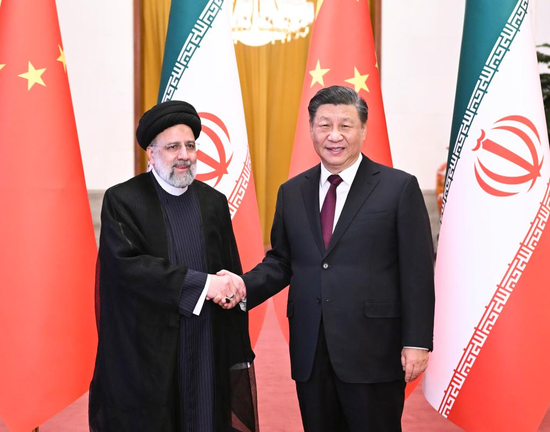



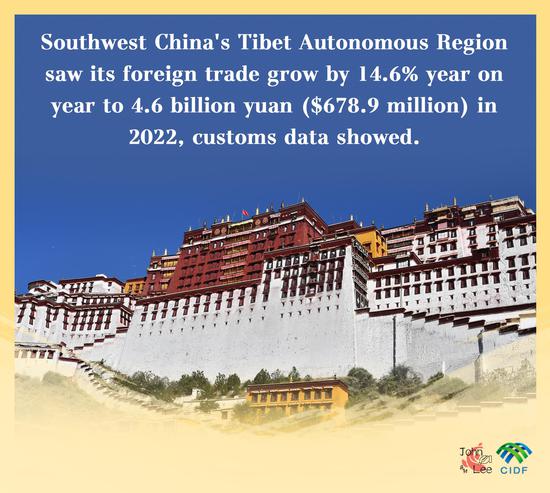


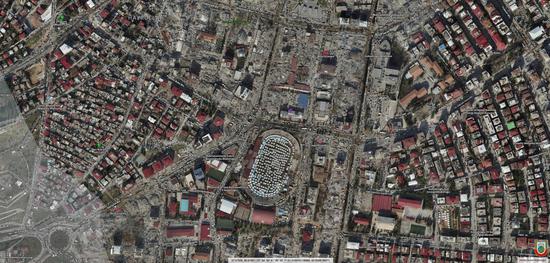





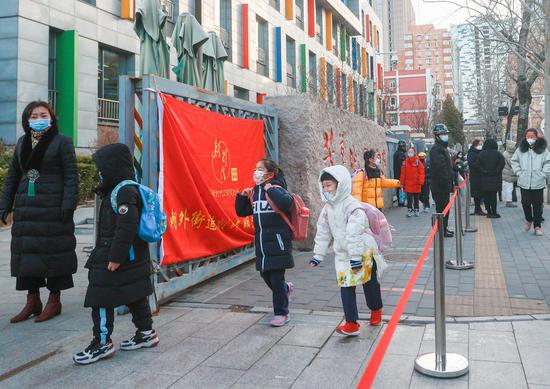



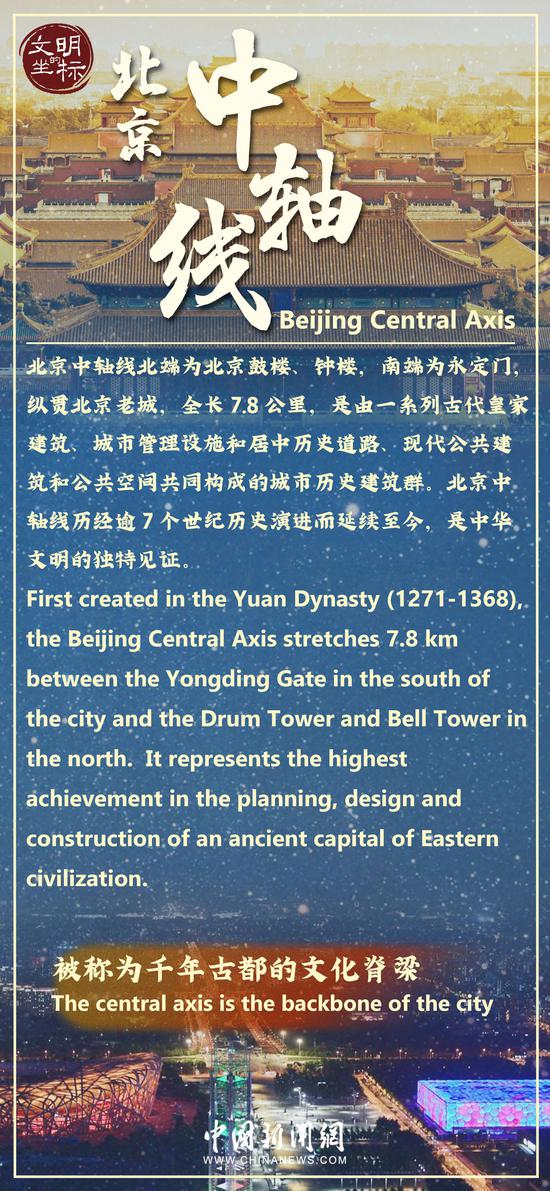





 京公网安备 11010202009201号
京公网安备 11010202009201号